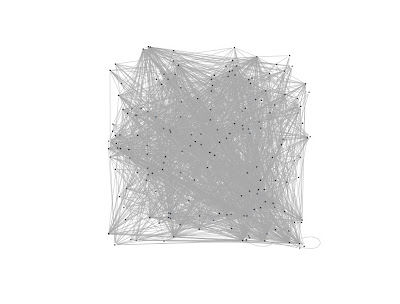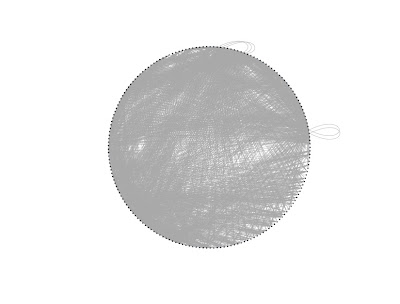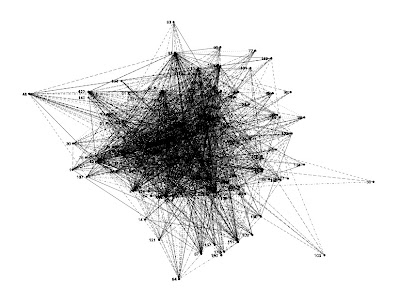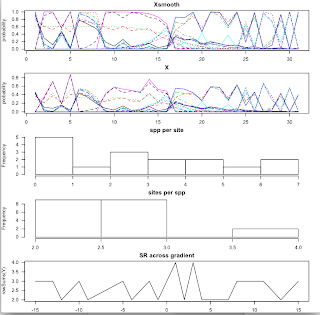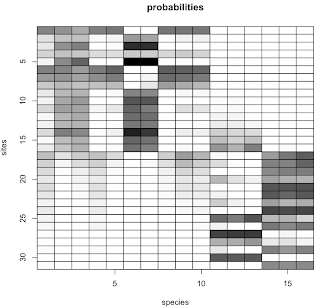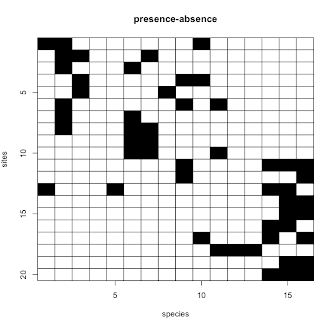Carl Boettiger, a graduate student at UC Davis, just got two packages on CRAN. One is treebase, which which handshakes with the Treebase API. The other is rfishbase, which connects with the Fishbase, although I believe just scrapes XML content as there is no API. See development on GitHub for treebase here, and for rfishbase here. Carl has some tutorials on treebase and rfishbase at his website here, and we have an official rOpenSci tutorial for treebase here.
Basically, these two R packages let you search and pull down data from Treebase and Fishbase - pretty awesome. This improves workflow, and puts your data search and acquisition component into your code, instead of being a bunch of mouse clicks in a browser.
These two packages are part of the rOpenSci project.
Recent Posts
- chinese economy
- songs
- becoz i love u
- Visualize your Github stats (forks and watchers) in a browser with R!
- mvabund - new R pkg for multivariate abundance data
- Journal Articles Need Interactive Graphics
- Take the INNGE survey on math and ecology
- Scraping Flora of North America
- RNetLogo - A package for running NetLogo from R
- Taking a Closer Look at Peer Review

